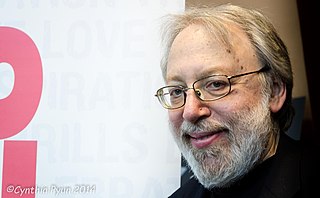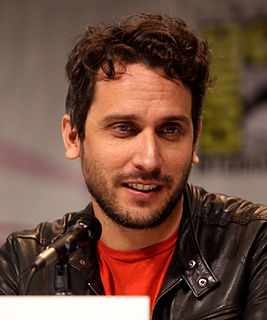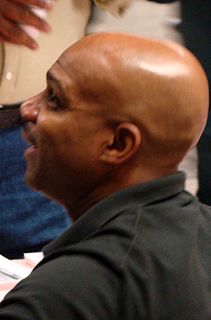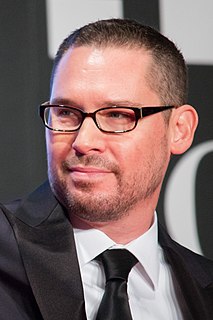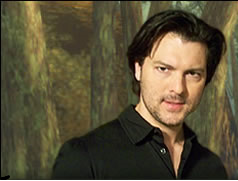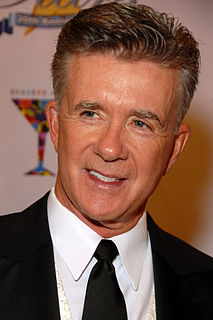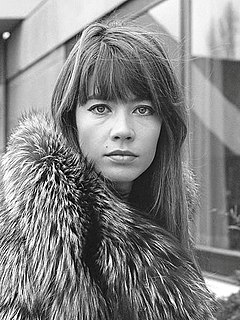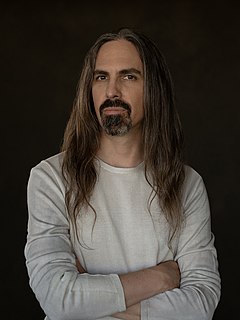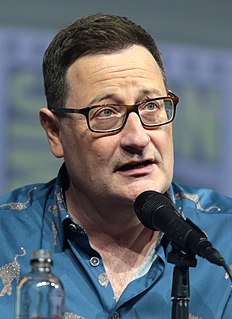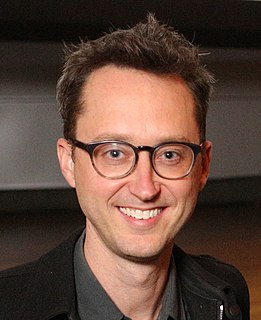A Quote by Kenneth Turan
Audiences looking for a rich, textured, cinematic experience will be put off and disconcerted by an image that looks more like an advanced version of high definition television than a traditional movie.
Related Quotes
I'm developing some high-frame-rate 3-D processes that are going to be, I hope, indistiguishable from reality. This will be quite an unusual cinematic event - you don't just tell an ordinary story, it's more of a first-person experience where the melodrama doesn't get in the way. Being inside the movie rather than looking at the movie.
I think television is moving more into movies, particularly with serialization and almost cinematic proportions and expectations. A show like 'Game of Thrones' is a perfect example of that, or even a show like 'The Wire,' which isn't all about instant gratification it's about inviting someone into the long experience of television the way you'd be invited into a theater for two hours. So I think in that way, and the quality of writing in television is probably much better than most film writing.
While the storytelling in games is getting so much better, you look at something like Grand Theft Auto V, which I thought was really beautifully written, it doesn't really need a movie because it is a movie. So I think you need a unique game - you either need an incredibly talented writer and director to come in and put together an amazing vision, or you need a game like Metal Gear, which is very cinematic, has a huge amount of history behind it, but whose cinematic experience is very different from what you'd get in a theater.
Frank Capra, Hollywood's Horatio Alger, lights with more cinematic know-how and zeal than any other director to convince movie audiences that American life is exactly like the 'Saturday Evening Post' covers of Norman Rockwell. 'It's A Wonderful Life,' the latest example of Capracorn, shows his art at a hysterical pitch.
Whether people are making narrative cinema or experimental cinematic movie experiences, they all want the biggest screen possible and the quietest room and the most attention to every nuance and detail. Obviously, most people will not see the movie that way, but I can still hope for it, and I'd like to think we will be able to pull it off this time.
The narrative image has more dimensions than the painted image - literature is more complex than painting. Initially, this complexity represents a disadvantage, because the reader has to concentrate much more than when they're looking at a canvas. It gives the author, on the other hand, the opportunity to feel like a creator: they can offer their readers a world in which there's room for everyone, as every reader has their own reading and vision.
